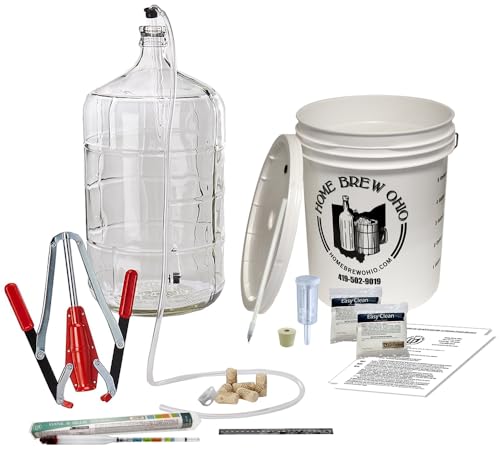I would suggest that is not a fair comparison. The materials are completely different.Since natural corks dry out and leak if the bottle is upright, I doubt that it makes any difference to Nomacorcs.
My process is a little different. I buy bags of 1000 and break them down into 100's in ZipLoc Freezer Bags. What I used to do and don't know why I went away from the process is dump the 100 into my "Corkerator." This was an old salad spinner that I robbed from my Bride's kitchen, with a bowl, basket and top. I used to pour K-meta into the bowl, put the corks in the basket and add the cover with the top. K-meta sanitizes both with direct contact and by the gas released from the liquid so I left the corks "stew" in the gasses for about two hours, while I racked and bottled the wine. When a carboy was emptied, I would cork the 26-30 bottles. There was no direct contact with the solution.Treatment of corks prior to insertion is not helpful. Commercial wineries cut the bag and empty it into the bottling line's hopper. The corks are clean-n-dry from the factory.
I cut a slit in the top of the bag, big enough to extract corks. The counter is wiped with K-meta solution prior to bottling, so it's both clean and sanitized. The corks are lined up on the counter and plucked off as each bottle goes into the corker.
After bottling is done, I roll the end of the bag up, pressing out as much air as possible, and secure it with a standard office binder clip.
Originally I boiled corks, as that is what I was told to do. Don't do this, it makes the corks brittle and chunks can flake off on insertion and extraction. Later I soaked in K-meta solution for 10 minutes.
This stopped (circa 1989) when I had a discussion with a winery owner. He literally laughed at me and told me I was wasting time-n-effort. I have bottled from the bag since then. I've had entire batches go bad, but have not had a problem bottle. YMMV
Corks should never be boiled as it breaks down the binder in agglomerates and weakens the structure of both natural corks and Nomacorcs.
BTW, I do recall why I changed the process. A couple years back, we were contemplating moving to Florida and I sold all of my wine making supplies and equipment. I am sure the Corkerator went during that time and I have not replaced it. I have been emptying the 100's into a bowl and spritzing them with K-meta, so that did involve direct contact.



















































